Top Five Critical Aspects of Malaria Every Modern Human Must Acknowledge for a Healthier Tomorrow
As per the reports by the World Health Organization (WHO), in 2019 alone, malaria was estimated to cause around 229 million infections and approximately 409,000 deaths worldwide. Primarily affecting tropical and subtropical regions, it is a serious health concern that can disrupt the socioeconomic fabric of entire societies. The widespread nature of this disease makes it crucial for everyone to be aware of its impact and understand its complexities.
It's not just about avoiding a disease; it's about being an informed member of global society. By understanding the reach and impact of malaria, we can better appreciate the health challenges faced by millions of people every day. Increased awareness can spur action, fostering an environment of collective responsibility and empathy.
The lifecycle of the Malaria Parasite
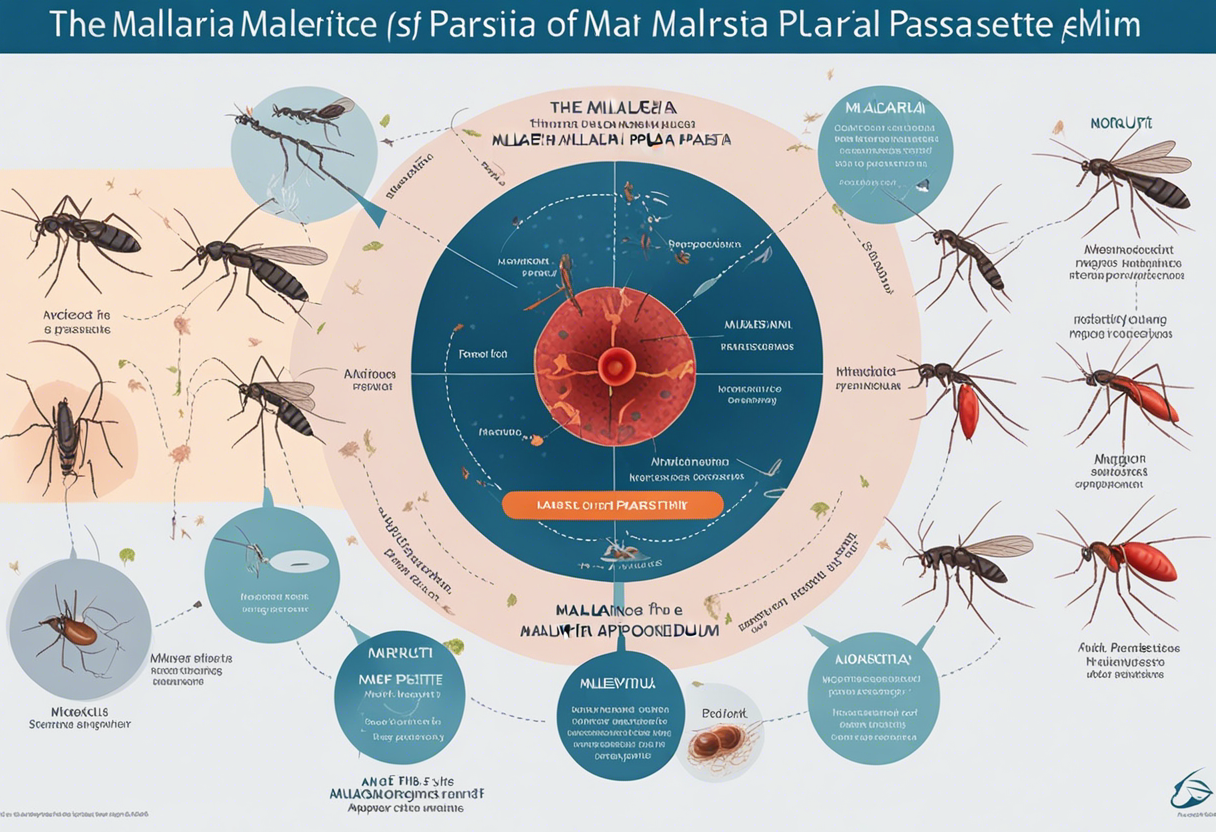
The cause of malaria is the Plasmodium parasite, transferred to humans through the bite of an infected female Anopheles mosquito. Understanding the parasite's lifecycle is vital not just for doctors or researchers, but also for average individuals. It helps us appreciate the complexity of the disease and why it is so challenging to fight.
The four-stage lifecycle of the malaria parasite, involving both the mosquito and human hosts, is a testament to its resilience and adaptability. It’s this understanding that allows individuals and communities to implement effective ways of preventing and controlling the disease.
The Symptoms and Treatment of Malaria
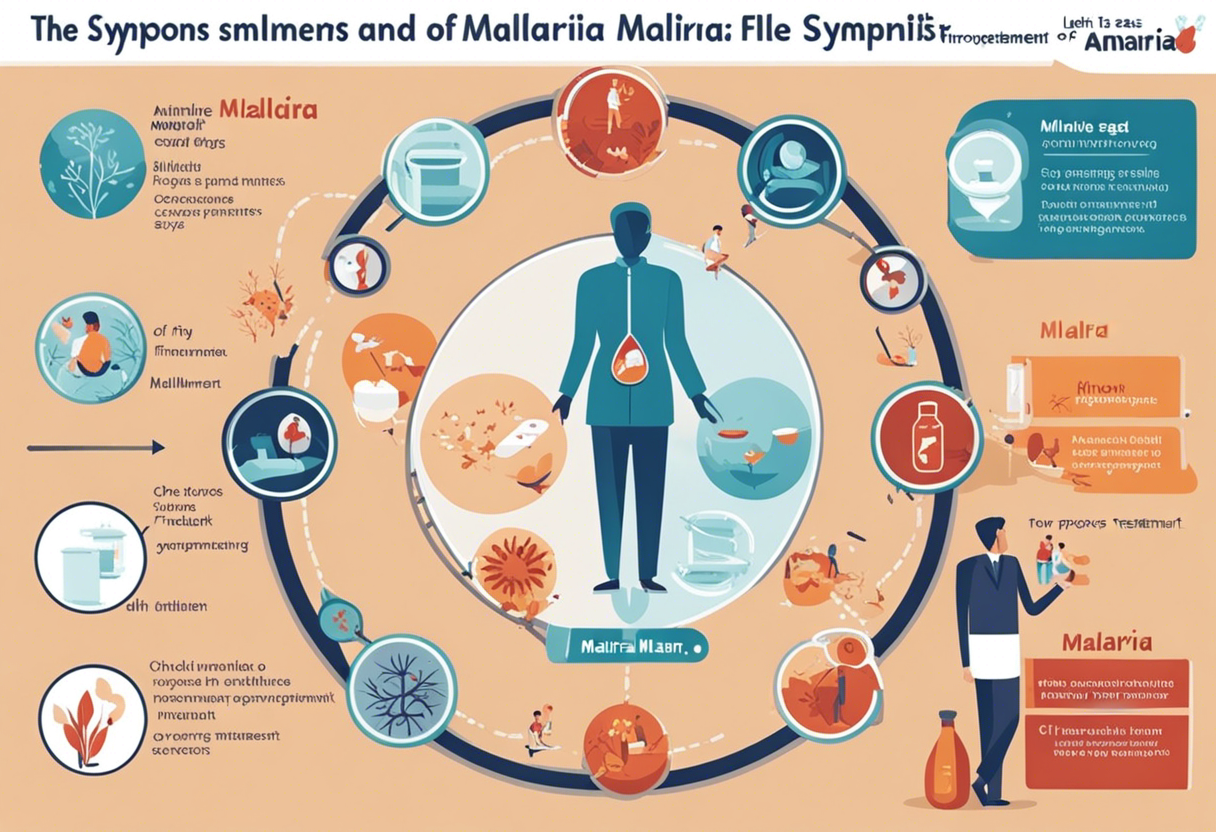
Malaria often presents flu-like symptoms that make it easy to overlook. High fever, headaches, and chills are common. However, if left untreated, malaria can progress to severe illness, sometimes leading to death. Being able to recognize these symptoms, and promptly seeking professional healthcare, can be the difference between life and death.
Treatment typically involves antimalarial drugs, with the choice of drug depending upon the strain of malaria and individual health considerations. Early diagnosis and effective treatment remain the best means to prevent fatalities from this disease.
The Importance of Vector Control in Malaria Prevention
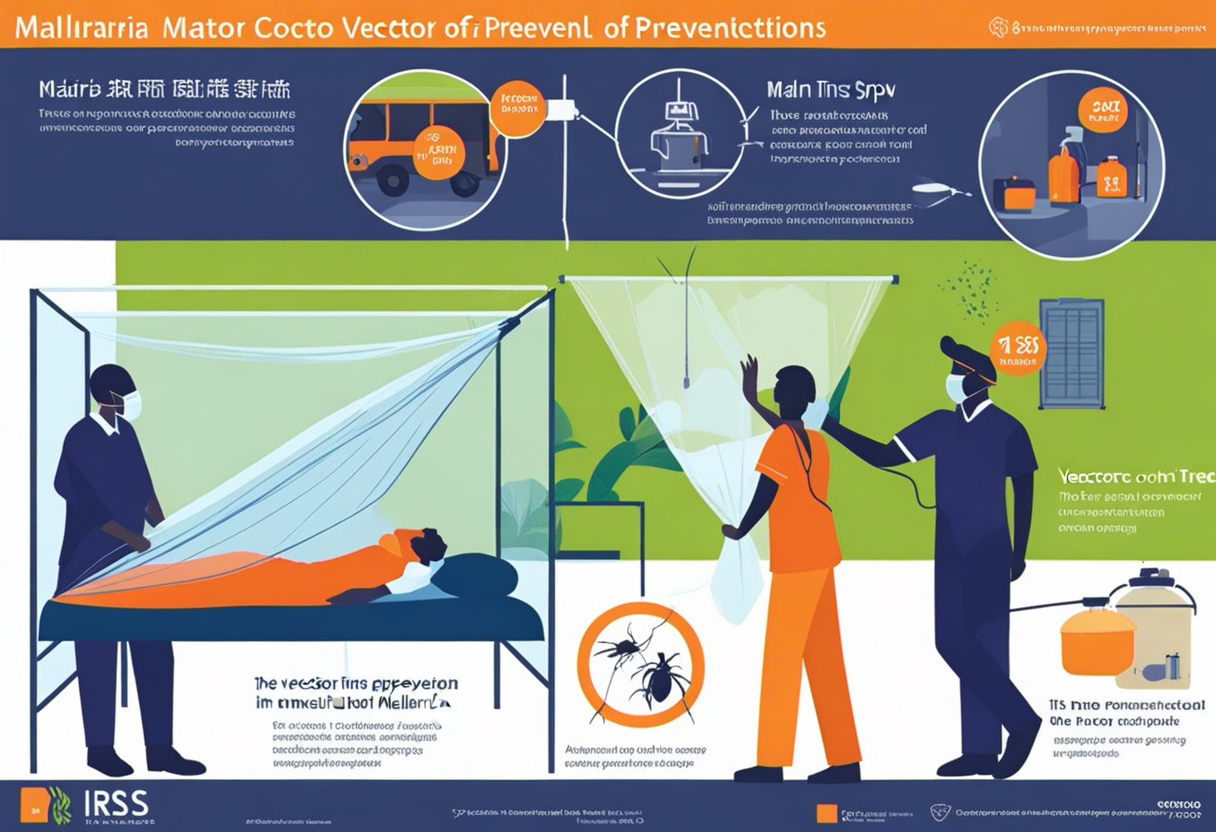
The primary means of malaria prevention is vector control - managing the Anopheles mosquito population. Two forms are highly effective: insecticide-treated mosquito nets (ITNs) and indoor residual spraying (IRS). Awareness of such methods is critical for people living in risk areas as adopting these measures can drastically diminish the risk of infection.
In our interconnected world, comprehending how vector control methodologies work not only offers potential protection for ourselves but can also encourage others to follow suit, creating safer communities.
The Global Efforts to Eradicate Malaria
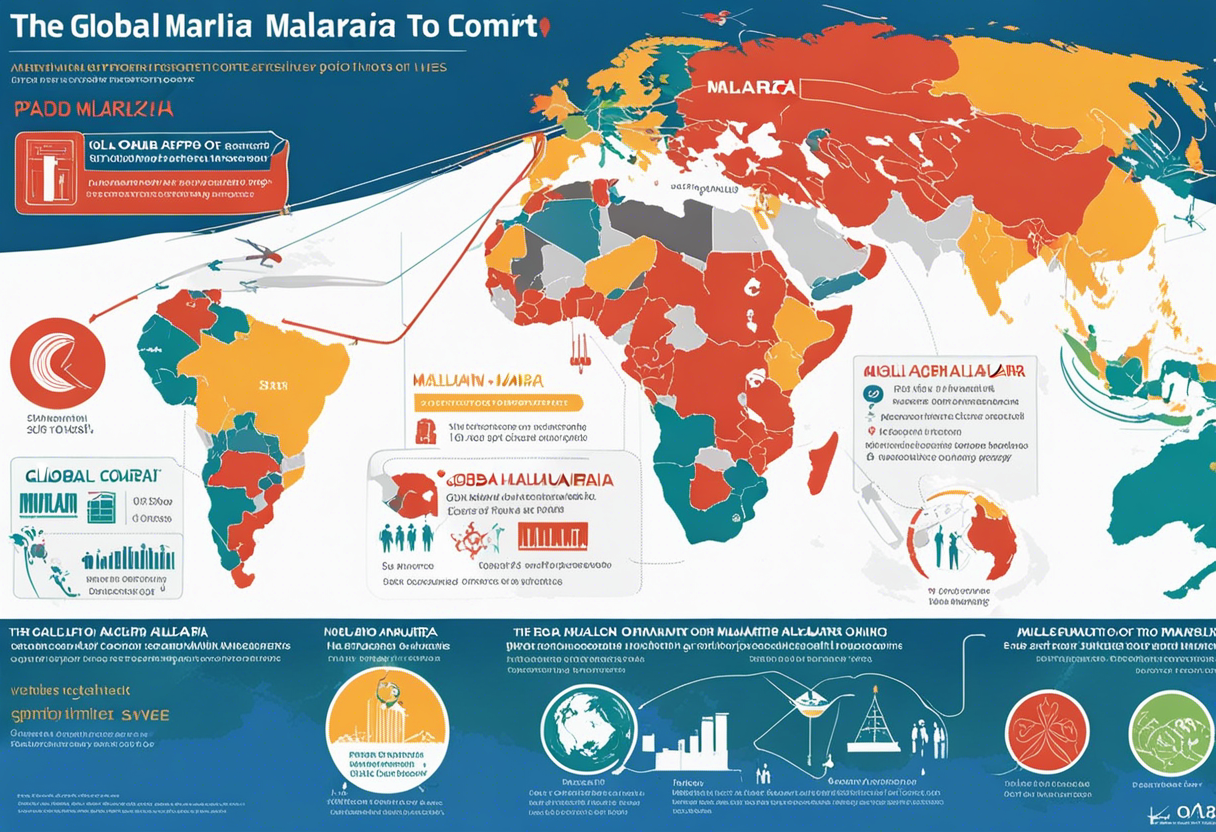
During the last decade, global efforts to combat malaria have saved millions of lives. For example, the Roll Back Malaria partnership aims to lessen the global malaria burden and ultimately eliminate the disease. Understanding these efforts helps to increase our exposure to diverse health initiatives that we can learn from or contribute to.
Recognizing these efforts paints a picture of the ongoing fight against malaria. This awareness can inspire policy support, donations to relevant causes, and even participation in community health initiatives.
The Future of Malaria: Vaccines and Novel Approaches
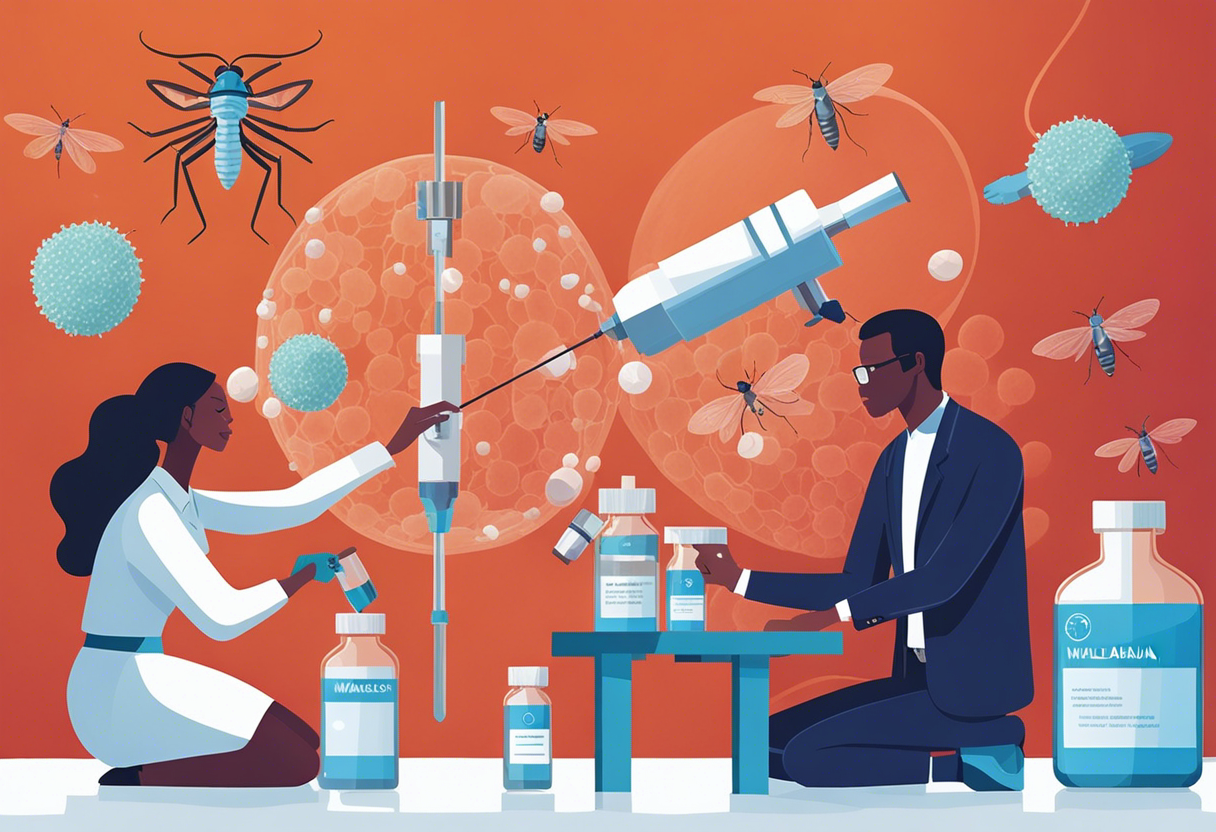
The most recent breakthrough in the fight against malaria is the creation of a vaccine. Having knowledge of this progressing field ensures we are up-to-date with the latest scientific advancements. Science-focused awareness is key to supporting progress, dispelling misconceptions, and advocating for science-backed health policies.
New technologies and approaches like gene editing mosquitoes are also being explored as a way to control, and possibly eradicate, malaria. The ever-developing landscape of malaria prevention and treatment gives us hope for a future where malaria is nothing more than a mention in a history book.
Powered by Froala Editor